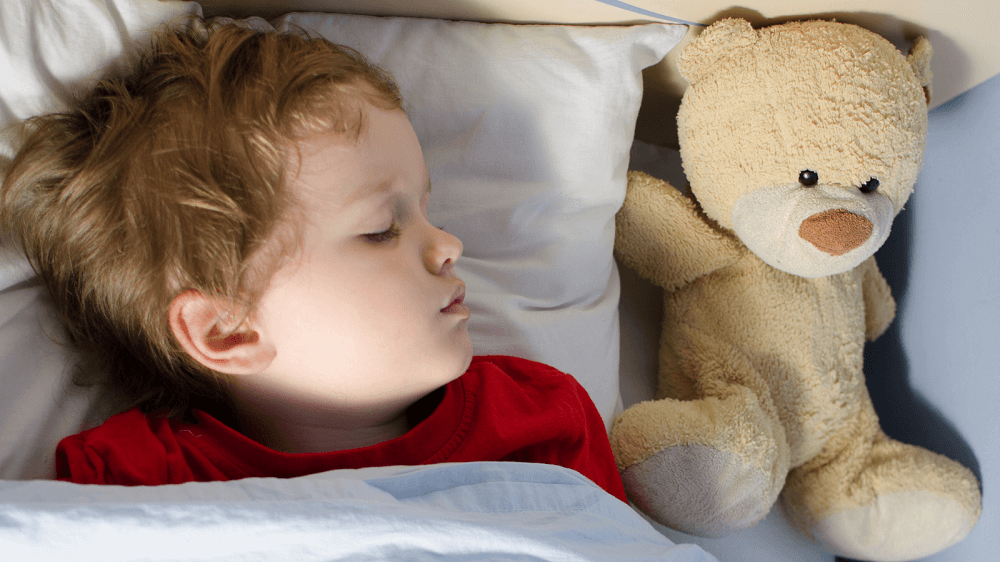Sleep and Children: How Many Hours Does Your Child Need?

Sleep patterns vary depending on a child's age, lifestyle, and overall health. While some children require more sleep than others, it is essential for parents to ensure that their child gets the recommended hours of rest to support growth, learning, and overall well-being. Understanding age-specific sleep needs can help parents create a healthy sleep routine for their little ones.
If a child frequently appears tired during the day, exhibits mood swings, or becomes unusually overactive, it may be a sign that they are not getting enough sleep. Chronic sleep deprivation can affect cognitive development, emotional regulation, and physical health. Ensuring adequate sleep is vital for a child’s ability to focus, retain information, and engage in daily activities with energy.
If you are concerned about your child’s sleep patterns or notice persistent signs of sleep deprivation, consulting a trusted healthcare provider is crucial. If you're looking for the best pediatricians in Altoona, PA, consider those with expertise in pediatric sleep health. A knowledgeable pediatrician can assess your child's sleep habits, identify potential issues, and recommend effective strategies to improve their sleep quality.
Prioritizing good sleep hygiene, such as maintaining a consistent bedtime routine, reducing screen time before bed, and creating a calming sleep environment, can significantly improve a child’s rest. Seeking professional guidance ensures that your child gets the restorative sleep necessary for healthy growth and development.
Normal sleep patterns:
Infants (up to 1 year of age)
Newborn sleep about 16 hours a day, spread across the day with 3 to 4 hours of nap between feeding. By 1st birthday infants sleep around 13 hours per day. 1 in 5 infants does not sleep through the night by 1st birthday.
Toddlers (ages 1 to 2)
Sleep of 11 to 13 hours per day including morning nap and an afternoon nap is normal for toddlers.
18 to 21 months toddlers nap only once a day.
Preschoolers (ages 3 to 5)
Sleep of 10 to 12 hours per day including a mid-day nap is common for preschoolers.
School-aged Children (ages 6 to 12)
Elementary kids take 15 to 20 mins before they sleep, and they usually sleep for 9 to 11 hours.
Teens (ages 13 to 17)
Per night Teens need 9 to 10 hours of sleep. They take 20 to 30 mins while they fall asleep. Some teens tend to wake for long hours and catch up on sleep over the weekend.
Healthy sleep habit:
- Outdoor activities like walking, playing in sunlight every day
- Keeping kids active during the day
- Sticking to the regular bedtime routine every day
- Quite time of an hour and a half before bedtime
- No screen time before bedtime at least an hour and a half for young children and teens.
- Avoid plenty of fluid for preschoolers before bedtime to stop bedwetting
- Nightmares are common among toddlers, preschoolers, and school-going kids. Handling nightmares calmy is important for a good night's sleep. Reassure them dreams are not real and make them feel OK. Help the child understand bad dreams are common for everyone and are not real.
- Avoid drinks with caffeine like, cola or sports drink for 5 hours before bedtime
Disclaimer: This health information is for educational purposes only. You, the reader, assume full responsibility for how you choose to use it.
Citation/References:
https://www.abcdpediatrics.com/advisor/pa/pa_normslee_bhp.htm









